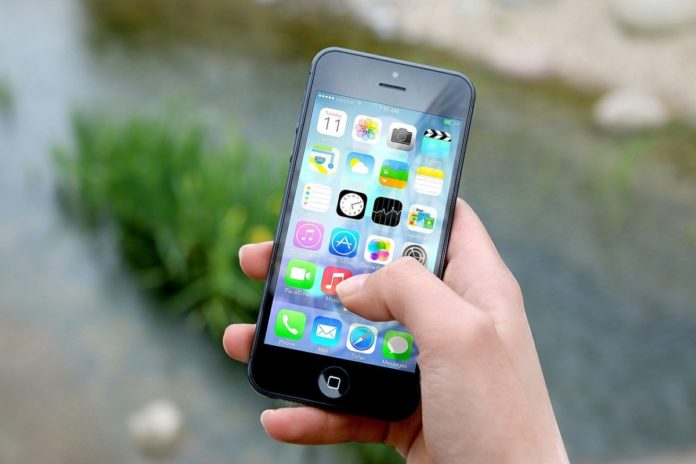Apple is overall UAE’s most favourite brand, according to the tenth annual Brand Intimacy Study by MBLM, with Emirates as the only local brand making the top 10 cut.
According to the Report – which studied replies of 6,200 consumers and 56,000 brand evaluations across 15 industries in the US, Mexico and the UAE – said that there is a strong bond emerging between consumers and technology and telecommunications brands, with four in the top 10, compared to two last year. Google, which was in the 16th spot last year, finds itself in the top 10 in second place. “The automotive industry also performs strongly, with five brands in the top 10. Honda impressively rose to third place, a strong improvement from 2019. Emirates maintains its top ten standing and is the only non-technology and non-automotive brand in the top rankings,” the report adds.
If one were to look at the demographics of what men like and what women do, the results could not be more diverse. While the men seem to have an affinity to the automotive industry with four out of five intimate brands being from the sector, the women seem to be more varied in their choices. From technology and telecommunications to media and entertainment and retail, there is a mix of choices.
| TOP FIVE MOST INTIMATE BRANDS FOR MEN IN UAE |
| 1. Honda |
| 2. Nissan |
| 3. Toyota |
| 4. Apple |
| 5. Lexus |
| THE TOP FIVE MOST INTIMATE BRANDS FOR WOMEN IN THE UAE |
| 1. Apple |
| 2. Netflix |
| 3. Huawei |
| 4. YouTube |
| 5. IKEA |
Another interesting demographic is Gen Z, which the report finds, have a differing brand intimacy profile. According to the report, Oral B and Burger King are the two top brands among Gen Z. “Oral B is strongest for the identity archetype, related to shared values, and has most of its users in the bonding stage of Brand Intimacy. Burger King is strongest with the ritual archetype, being ingrained into the lives of users. Most of its users are in sharing. Furthermore, Oral B has 46.6 percent of its respondents using the product daily, compared to 9.1 percent who eat Burger King daily.”






